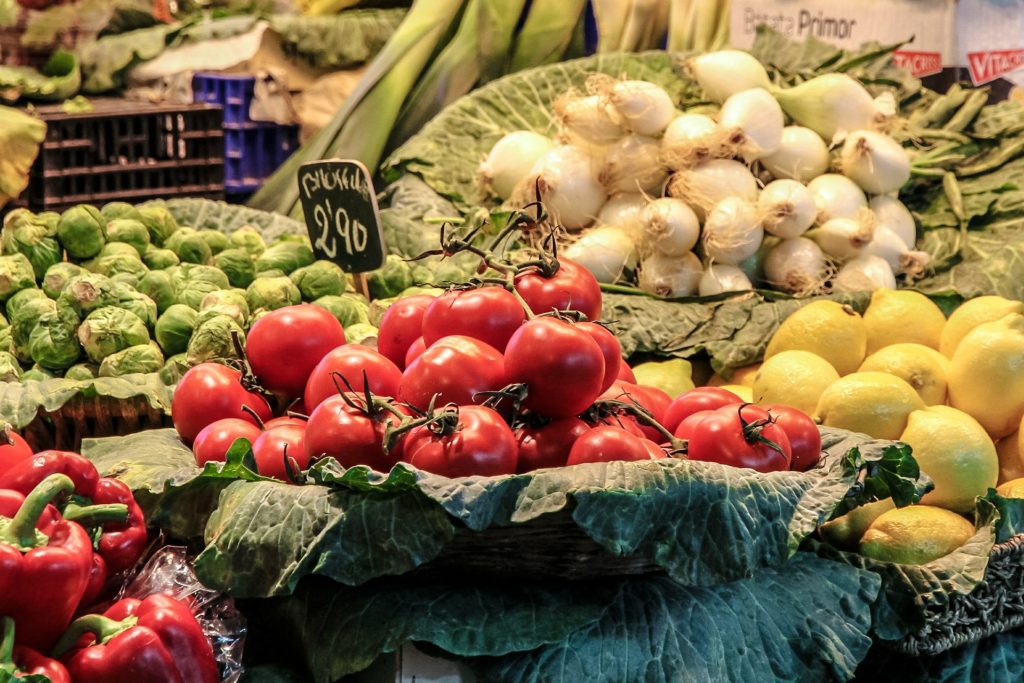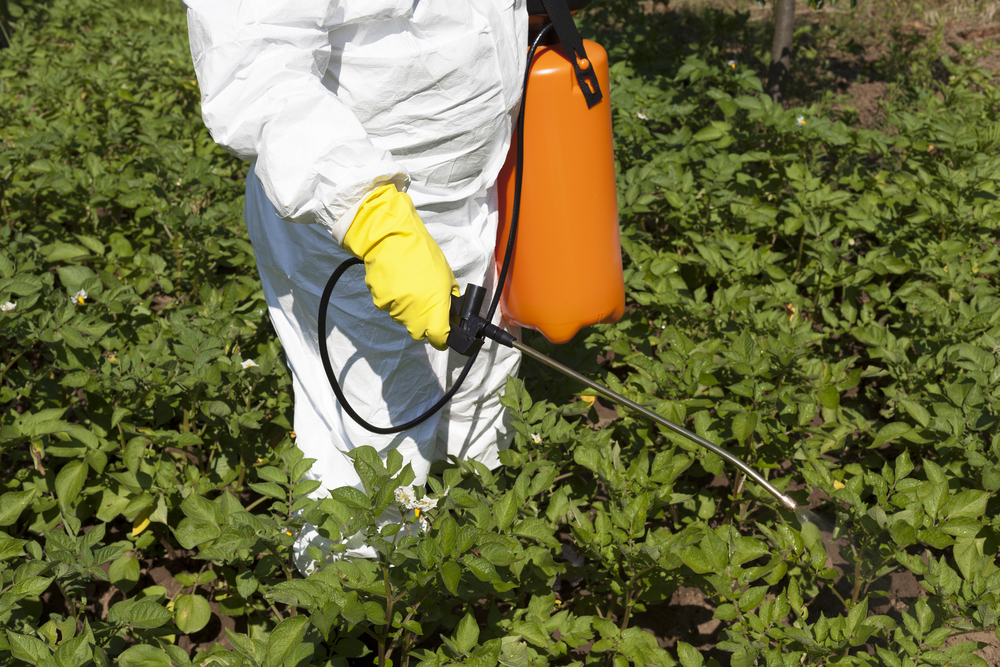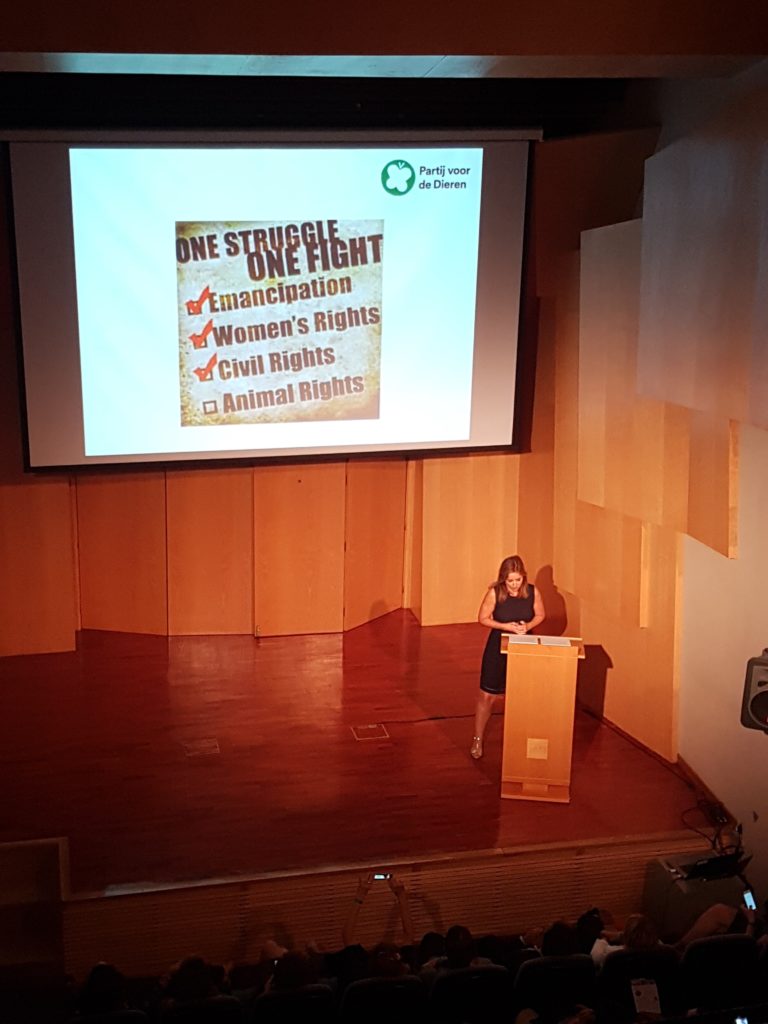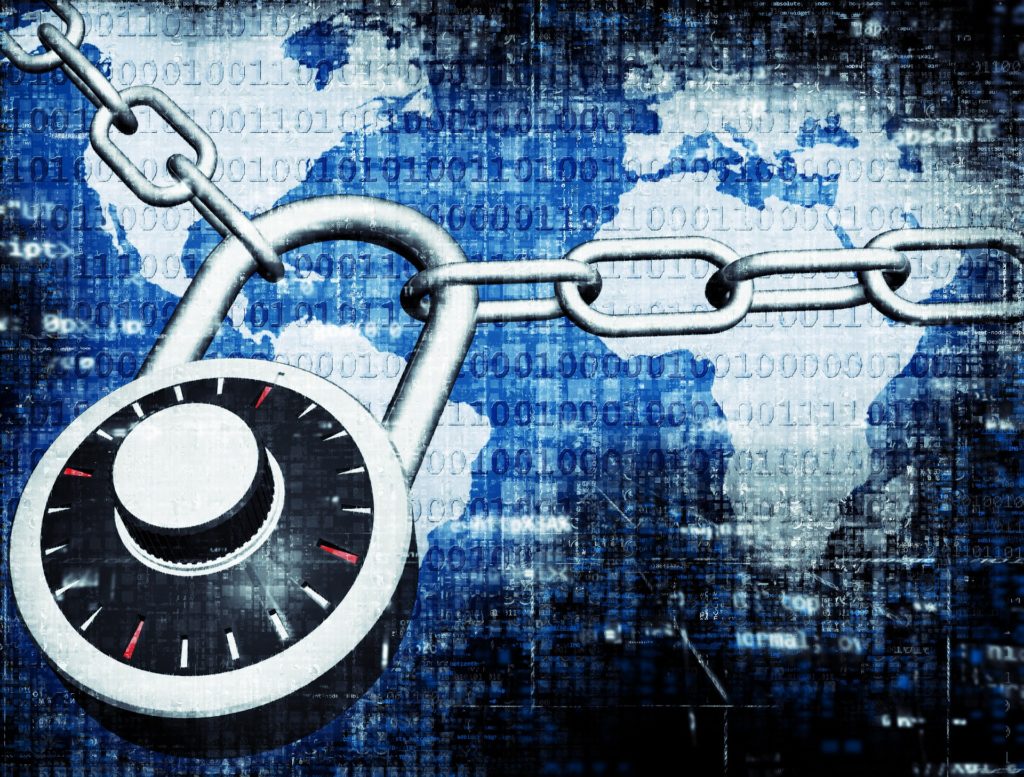Worldlog Marianne Thieme 17 ottobre 2017
I Paesi Bassi hanno un nuovo governo dalla scorsa settimana, che nel frattempo ha presentato i propri piani sotto forma di un accordo governativo. Purtroppo non ci sono tante ragioni per festeggiare. In pratica il programma significa che le future generazioni devono risolvere i problemi climatici. Non vengono prese misure per affrontare, ad esempio, uno dei più grandi inquinatori, l’industria del bestiame. Questo mentre recenti studi dimostrano che è improbabile che raggiungeremo gli obiettivi climatici di Parigi senza una significativa riduzione del consumo di carne e prodotti lattiero-caseari.

I cittadini olandesi devono già adesso – attraverso tutte le sovvenzioni dirette e indirette che riceve l’industria del bestiame dal governo – pagare per l’inquinamento e altri costi sociali che l’industria del bestiame crea. Il nuovo governo vuole riversare questi costi ancora di più sui cittadini attraverso un aumento dell’IVA, con il quale frutta e verdura aumenteranno di prezzo in uguale misura come i prodotti a base di carne e di latticini. Un provvedimento assolutamente irresponsabile, dato che diverse organizzazioni, scienziati e imprenditori – tra cui il WWF e gli imprenditori uniti nell’Alleanza Proteina Verde (Green Protein Alliance) – mostrano che per mantenere il nostro pianeta vivibile, sarà necessario passare ad una produzione ed un consumo di più prodotti vegetali.
Rendere i prodotti sostenibili e sani come le verdure e i frutti più economici e aumentare l’IVA su carne e sui latticini. In questo modo rendi la comunità più verde e più giusta. Insieme ad altre partiti abbiamo unito le nostre forze per prevenire l’aumento dell’IVA su frutta e verdura. Il nostro partito lavorerà duramente nelle prossime settimane per assicurare che il nuovo governo si assumerà veramente responsabilità e farà tutto il possibile per affrontare le questioni riguardante il clima, l’ambiente e il benessere degli animali. Seguiranno aggiornamenti!

Nel frattempo la nostra frazione europea tiene attenta le istituzioni dell’EU. La scorsa settimana si è svolto l’attesa Monsanto Papers audizione nel Parlamento europeo, tra l’altro, in risposta all’Iniziativa dei cittadini europei contro il diserbante glifosato. Il Partito per gli Animali ha espresso grandi critiche l’autorità europea per la sicurezza alimentare, l’EFSA. La nostra europarlamentare Anja Hazekamp ha messo in dubbio l’analisi dei rischi europea del glifosato, e ha trovato tra gli altri il professor Christopher J. Portier (Università di Maastricht) e l’Agenzia internazionale per la ricerca sul cancro (IARC) a suo fianco. Questi esperti ritengono preoccupante che l’EFSA durante la sua valutazione abbia ignorato diverse indagini, che indicano che il glifosato è cancerogeno. I Monsanto Papers mostrano che l’industria del veleno ha pagato scienziati per concludere che il glifosato è sicuro. È assurdo che il guardiano alimentare europeo inghiotti questi tipi di “studi” come fosse una torta dolce e mette in pericolo milioni di persone, animali e il nostro ambiente. Noi vogliamo togliere glifosato al più presto dal mercato.
La volta scorsa ho raccontato che avrei tenuto una conferenza a Madrid. La conferenza faceva parte di una conferenza internazionale che abbiamo organizzato assieme al nostro partito fratello spagnolo PACMA per partiti per gli animali e organizzazioni per il benessere degli animali. La conferenza è stata completamente esaurita e sono stata accolta molto calorosamente dagli spagnoli. È molto bello vedere che i temi dei diritti degli animali, della natura e dell’ambiente sono cosi vivi in Spagna.

Marianne durante la sua conferenza a Madrid
Mentre ho assistito durante la nostra conferenza internazionale a dibattiti meravigliosi e ispirati alla democrazia, ai diritti umani e ai diritti degli animali, purtroppo a 613 chilometri di distanza a Barcelona cittadini sono stati colpiti con pallottole di gomma. Solo perché volevano votare in modo pacifico. Come partito, abbiamo espresso il nostro disgusto per l’eccessiva violenza che il governo spagnolo ha usato per impedire ai cittadini catalani di esercitare i propri diritti democratici. Uno stato che usa la violenza per esercitare pressioni sulla democrazia solleva la questione se esso stesso può essere chiamata ancora democrazia. In casi come questi l’Europa, autoproclamato guardiano della democrazia, non può tacere.
Fortunatamente, c’erano anche buone notizie dal Portogallo e dalla Germania: in entrambi paesi, i nostri partiti fratello hanno ottenuto un notevole guadagno elettorale. La Tierschutzpartei tedesca ha ottenuto quasi 20.000 volti in più in confronto delle elezioni nazioni precedente ma non ha ottenuto un seggio perché in Germania c’è una soglia di sbarramento molto alto (5%). Il nostro partito fratello portoghese Pessoas-Animais-Natureza (abbreviato “PAN”) ha scritto storia ottenendo seggi in 32 comuni durante le elezioni amministrative in Portogallo. Ciò significa che il partito adesso ha una rappresentanza nel 78% dei comuni. Fantastico!

La scorsa settimana è emerso chiaramente che nei Paesi Bassi ci sarà un referendum riguardo alla cosiddetta “legge strascico”. Con questa legge, con la scusa della lotta al terrorismo, vengono raccolte e esaminate grandi quantità di dati casuali. Con il monitoraggio di persone innocenti si supera qui un limite. La privacy ci fornisce sicurezza e ci protegge dallo stato. Quando rinunciamo alla nostra privacy, rinunciamo a una parte importante della nostra sicurezza. Per questo abbiamo sostenuto l’iniziativa di far decidere i cittadini su questa legge, tramite un referendum. L’iniziativa proviene da alcuni studenti che nel frattempo hanno raccolto abbastanza firme per imporre un referendum. Le mie congratulazioni a tutti coloro che sono coinvolti! Una vittoria per la democrazia. Nel frattempo combatteremo in politica per impedire al nuovo governo olandese di porre fine a questo tipo di referendum, come ha annunciato nell’accordo governativo.
Buona settimana!
Marianne
Since last week, there is a new government in the Netherlands, which now has presented its plans in the form of a coalition agreement. Unfortunately, there is little cause for celebration. In practice, the agreement means that future generations are going to have to solve the challenges of climate change. For example, no measures are taken to address one of our biggest polluters – the livestock industry. This is despite the fact that recent studies have found that it is highly unlikely that we will reach our Paris climate targets without significantly reducing our meat and dairy.

Dutch citizens are already paying for the pollution and other social costs associated with the livestock industry through various direct and indirect subsidies given to the livestock industry by the government. Now, our new cabinet intends to pass on even more of these costs to citizens by means of a rise in VAT, making fruits and vegetables go up in price as much as meat and dairy products. A measure that is completely irresponsible, since several organisations, scientists and entrepreneurs – including the World Wildlife Fund and the Dutch Green Protein Alliance – have shown us that in order to preserve our planet, we need to start producing and consuming more plant based products.
By reducing the costs of sustainable and healthy products such as fruits and vegetables, and increasing VAT on meat and dairy products, we can create a greener and fairer society. The Party for the Animals has joined forces with other parties in order to prevent the rise in VAT on fruits and vegetables. In the following weeks, our party is going to work very hard to make sure that our new government will truly take responsibility and will make every effort to tackle the problems relating to climate, environment and animal welfare today! To be continued…

Use of herbicide
Meanwhile, our group of the European Parliament is keeping the EU institutions alert. Last week, the long-awaited Monsanto Papers hearing took place at the European Parliament, partly as a result of the European citizens’ initiative against the herbicide glyphosate. The Party for the Animals has severely criticised the European Food Safety Authority (EFSA). Our MEP Anja Hazekamp expressed doubts concerning the EU’s risk assessment of glyphosate, a view that was supported by professor J. Portier of the University of Maastricht and the International Agency for Research on Cancer (IARC). These experts consider it worrying that during its assessment, the EFSA has ignored multiple studies showing that glyphosate is carcinogenic. The Monsanto Papers revealed that the toxic industry paid scientists to affirm the safety of glyphosate. The idea that the European food watchdog has unreservedly accepted these “studies” and has thereby endangered millions of people, animals and the environment, is absurd. Glyphosate should be withdrawn from the market as soon as possible.
In my last Worldlog, I talked about the lecture I was going to give in Madrid. It was part of an international conference organised by the Party for the Animals and Spanish sister party PACMA for other parties for animals and animal welfare organisations. My lecture was sold out and I received a very warm welcome by the Spaniards. It has been rewarding to see that animal rights, nature and the environment are live issues in Spain.

Marianne at her lecture in Madrid
While I was witness to moving and inspiring debates on democracy, human rights and animal rights, 613 kilometres to the east, in Barcelona, the Spanish police was firing rubber bullets at Spanish citizens for peacefully wanting to vote. Our party has expressed its horror at the excessive violence used by the Spanish government to prevent Catalan citizens from exercising their democratic rights. It is questionable whether a nation that uses violence in order to suppress democracy, should still be allowed to call itself a democracy. As a self-proclaimed guardian of democracy, Europa must not remain silent in this case.
Fortunately, there is also good news, for instance from Portugal and Germany: in both countries, our sister parties have made considerable gains in the elections. The German Tierschutzpartei gained nearly 20,000 votes more than in the last general elections, but was unable to gain a seat because of Germany’s high electoral threshold of 5%. Our Portuguese sister party Pessoas-Animais-Natureza (‘PAN’ in short) has made history by gaining seats in 32 different municipalities in Portugal’s municipal elections. This means that the party now has a representative in 78% of all municipalities. A fantastic result!

Last week, it also became clear that the Netherlands will have a referendum on the so-called ‘Sleepwet’ (dragnet law). Under this law, large amounts of random data are collected and searched under the guise of combating terrorism. By monitoring innocent people, a critical boundary is crossed. Privacy ensures our safety and protects us against the state. When we give up our right to privacy, we give up an important part of our safety. That is why we have supported the initiative to let citizens make their own decisions on this law in the form of a referendum. The initiative came from a couple of students, who now have collected enough signatures to force a referendum. My congratulations to all parties involved! A victory for democracy. Meanwhile, our party will fight in politics to prevent the new Dutch cabinet from putting an end to these kinds of referenda, as announced by the cabinet in its coalition agreement.
Enjoy your week!
Marianne